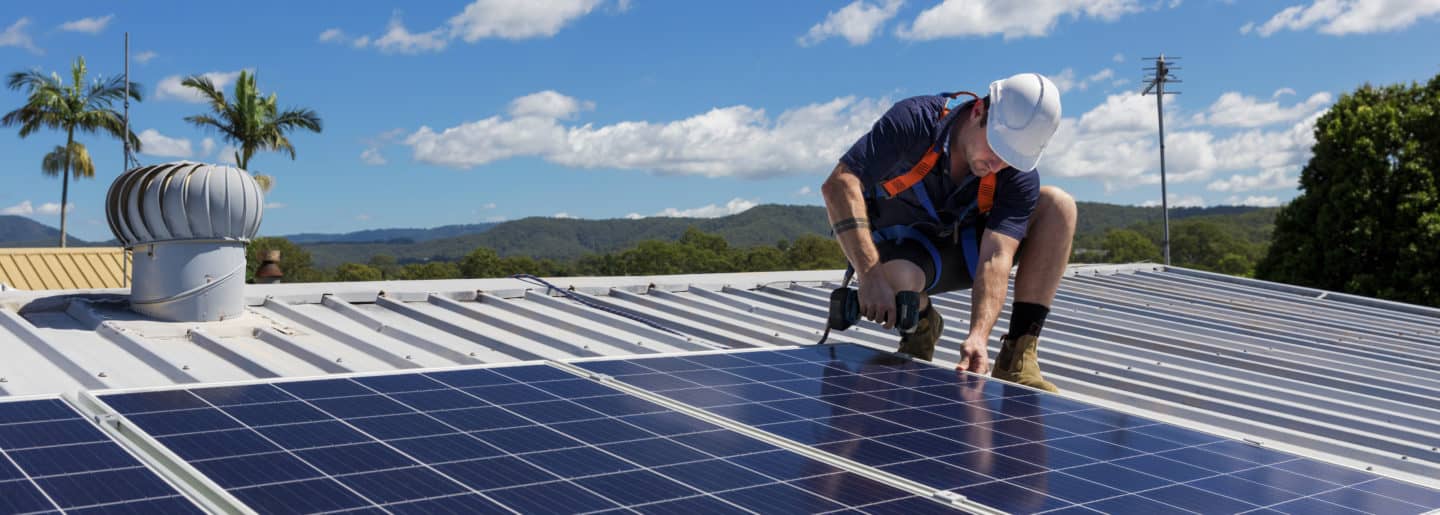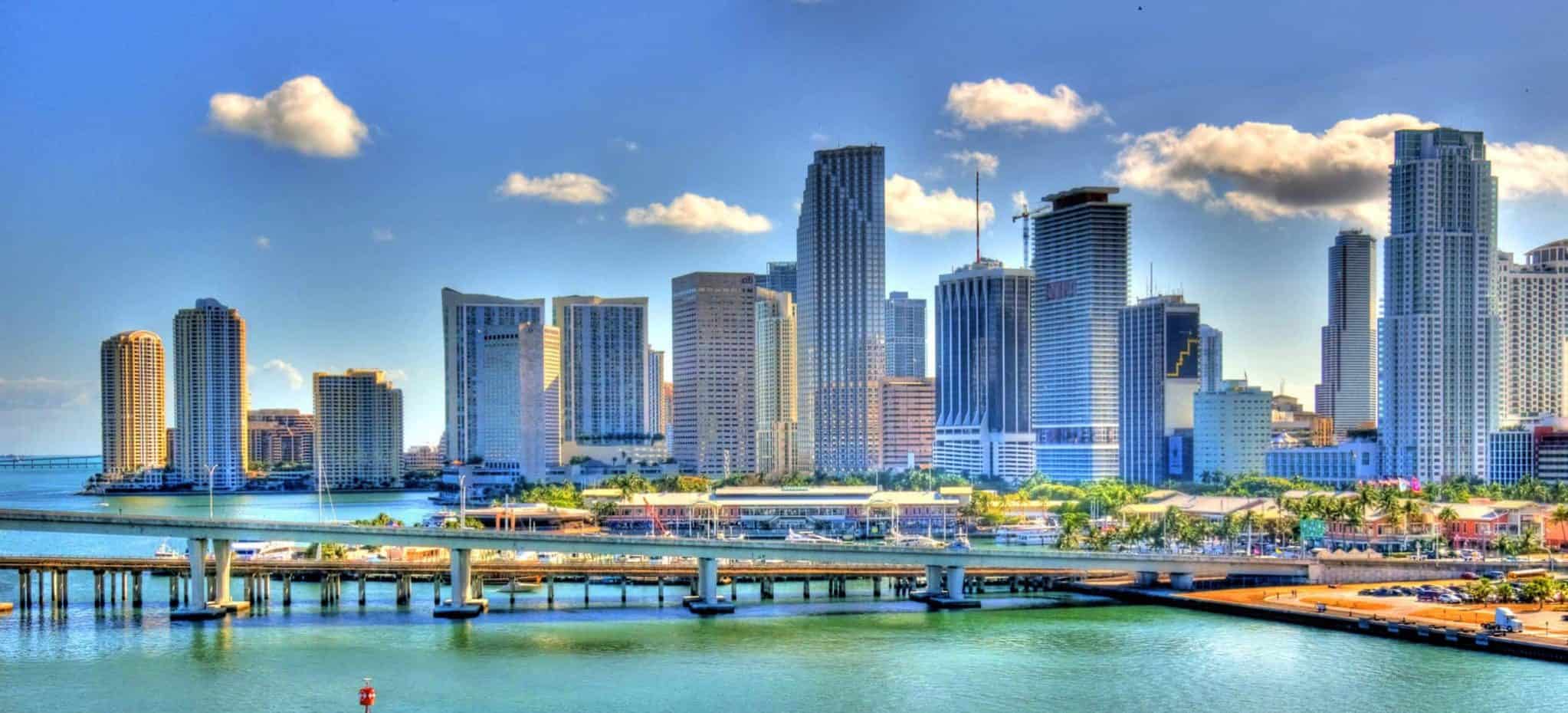Until recently, six cities in California were the only places in the United States that had made solar panel installations on the roofs of all new houses mandatory. But Florida now has its own solar advocate. In 2017, the South Miami City Commission managed to approve a law that mandates solar panels for new homes.
This was a big win for Miami, especially because the voters rejected the proposed solar restrictions the year before. However, Miami won’t be powered by the sun completely. The new law does not demand from all homeowners to install solar panels on their roofs. This rule applies only to new constructions. In addition, the law requires homeowners who want to expand their houses by at least 75% to install solar panels.
Saving the Environment
Back in 2017, Mayor Stoddard, a great supporter of green living, emphasized the importance of reducing the carbon footprint. He mentioned that this especially applied to Florida. Florida has suffered greatly from climate change, especially because of the rising of sea levels.

Stoddard said that climate change and rising sea levels were existential threats. Furthermore, he maintained that the government was looking into all and every opportunity to promote renewable energy. Carbon reduction needs to be a priority. What’s more, carbon neutrality and absolute support of the Paris Climate Agreement are a sure must.
However, Mayor Stoddard said he did not expect many new constructions in the following years. This is because South Miami is already surrounded by urban development. Thus, there is not much space left for new houses and buildings.
Unfortunately, not all homes will install solar panels on their roofs, so the new law won’t significantly reduce gas emission. Still, making South Miami a solar pioneer is a big first step towards a greater goal.
Fighting for the Sunlight
Surprisingly, the decision to make solar panels on new roofs obligatory didn’t come easy. Only a couple of years ago, several groups and utilities launched a ballot initiative. The goal was to prevent the citizens of Florida from switching to solar energy systems.
Namely, Florida utilities, including Florida Power and Light, were aware of the loss of revenue from homeowners who use solar power to make electricity. So, their idea was to limit the expansion of solar panels and charge fees to their owners. The participants of this controversial initiative spent more than $20 million on promoting this measure. But the amendment failed.
Philip Stoddard, the Mayor of South Miami, didn’t hide his disappointment in this initiative. He mentioned that fighting solar power seemed quite ludicrous, given the amount of sunshine Miami has. Luckily, the new measure will make it easier for the city to call for solar panels to be installed on every roof, both new and existing.
Advocates for solar power have to fight on other fronts as well. Family Businesses for Affordable Energy, a lobbying group from Washington, D.C., are also against the South Miami solar requirement law. They have said in the past that homeowners are being cheated by solar companies. Namely, they believe these companies hide the actual costs of installations of solar panels.
The Government’s Attitude
During Barack Obama’s tenure as the President of the United States, the American government was one of the biggest advocates of solar power systems. Moreover, President Obama included rooftop solar installations in the Climate Action Plan. But Donald Trump’s administration has given up on this initiative.
In 2017, Jeremy Firestone, the University of Delaware’s director of the Center for Carbon-Free Power Integration, firmly disagreed with the government’s opposition to solar panels. He said that laws such as South Miami’s solar mandate were crucial, especially because the federal government had abandoned advocating for solar power and other renewable energy sources.
Solar Power Promotion
Firestone expressed his hopes that South Miami’s new law would affect the local community in a positive way. He also said that he hoped new generations would become more dedicated to renewable energy.
Other experts agree with this point of view. Many believe that solar panel mandates will lead to the acceptance of solar energy-powered houses across the country. That acceptance also sets an example for other cities tired of the pollution and dangerous climate changes. Mayor Stoddard believes that the law will also make other homeowners willing to put solar panels on their roofs. He’s also hoping for both local and state-wide effects.
As the awareness of the harmful effects of coal and gas has risen, solar panel costs have plummeted. This may also motivate homeowners to switch from non-renewable to renewable energy sources. There are also companies such as Tesla’s Solar City that promote solar energy systems and help finance and install PV panels.
Rooftop Solar in the United States
The use of solar power in the United States has risen in recent years. Yet, it still accounts for less than 1% of the total electricity that is generated. The good news is that, according to research, the installation and use of solar panels on rooftops will grow by about 70% in the near future.
The increase in the use of solar power is critical for many reasons. Most importantly, solar panels will protect the country from coal and gas power plants that can seriously harm the environment.
At the moment, apart from South Miami, there are six more cities in the United States that mandate rooftop solar panels. All of them are in California, and the largest of them is San Francisco. Its laws require that between 15% and 26% of every new rooftop must be either solar panels, a so-called “green roofing,” or a combination of the two. Other cities are San Mateo, Santa Monica, Culver City, Sebastopol, and Lancaster.
Other Useful Solar Information
Interested in Solar Installation?
See What Our Customers Have to Say About Us
Need to Speak to a Solar Specialist, Contact Us Today




